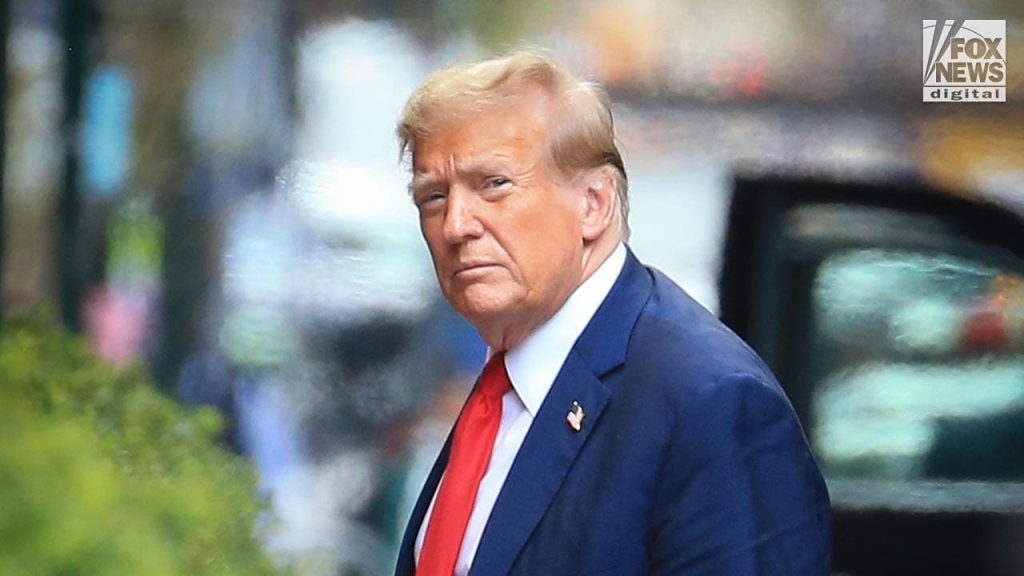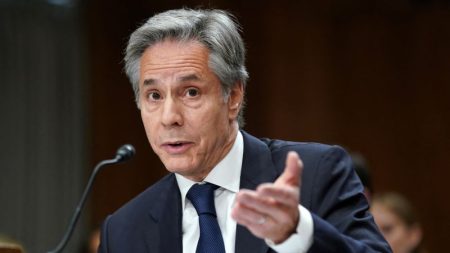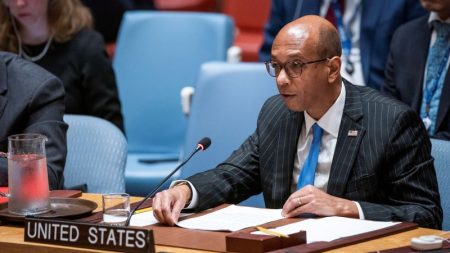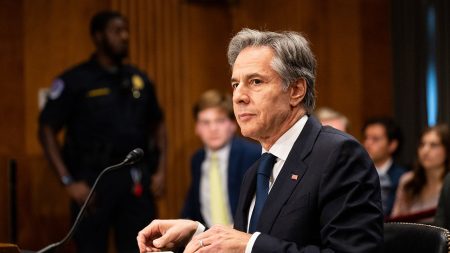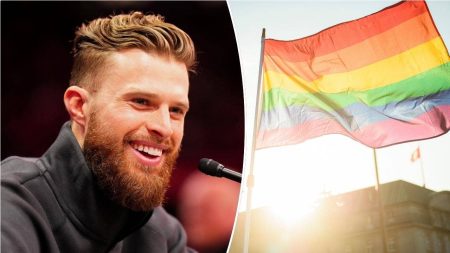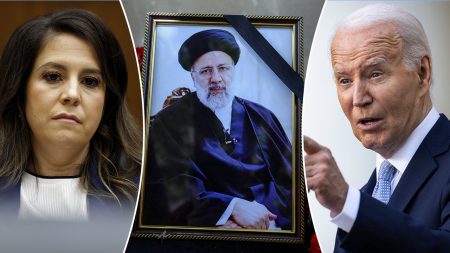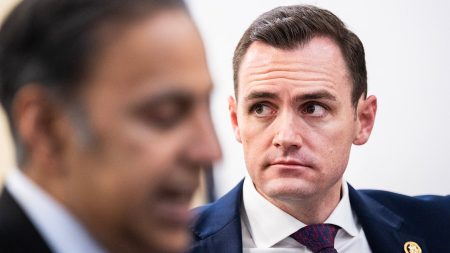Judge Juan Merchan presiding over the NY v. Trump trial fined former President Trump $9,000 for violating a gag order that prohibited him from speaking publicly about witnesses and family members of court officials. The judge found that Trump had violated the order on nine separate occasions, resulting in a $1,000 fine for each violation. Merchan expressed his frustration in his order, stating that the fines would not achieve the desired result as Trump could easily afford them. He warned that if Trump continued to willfully violate the gag order, he could face incarceration as a punishment.
Merchan explained that criminal contempt is punishable by a fine not exceeding $1,000 or jail time not exceeding 30 days, or both, at the discretion of the court for each violation of a court order. He also noted that the Judiciary Law did not provide the court with the authority to impose a punishment that would be more appropriate for cases where a $1,000 fine would not be effective in achieving the intended purpose. The judge stated that it would be preferable if the court could impose fines that were more in line with the wealth of the individual, such as $2,500 or even $150,000, but as the court did not have discretion in this matter, jail time may be necessary in some instances.
The NY v. Trump trial, now entering its third week, revolves around allegations that Trump falsified business records during the 2016 election cycle. Trump has pleaded not guilty to the 34 felony counts he is facing and has dismissed the case as a “witch hunt” and a “scam.” The focus of the case is on a payment of $130,000 made by Trump’s former personal attorney Michael Cohen to Stormy Daniels, a former pornographic actor, to silence her claims of an extramarital affair with Trump in 2006. Trump denies the affair, and prosecutors allege that the Trump Organization reimbursed Cohen for the payment and falsely recorded it as legal expenses in an attempt to cover up the transaction.
Prosecutors are working to prove that Trump falsified records with the intention of committing or concealing a second crime, which is a felony charge. They have alleged that the second crime was a violation of a New York law called “conspiracy to promote or prevent election.” The prosecutors’ case centers on the claim that Trump orchestrated a scheme to hide the payment made to Daniels and that this action amounted to a criminal conspiracy. Trump’s defense has maintained his innocence in the case, arguing that the charges are baseless and politically motivated. The trial continues as Trump faces the possibility of jail time if he continues to violate the court’s gag order.





